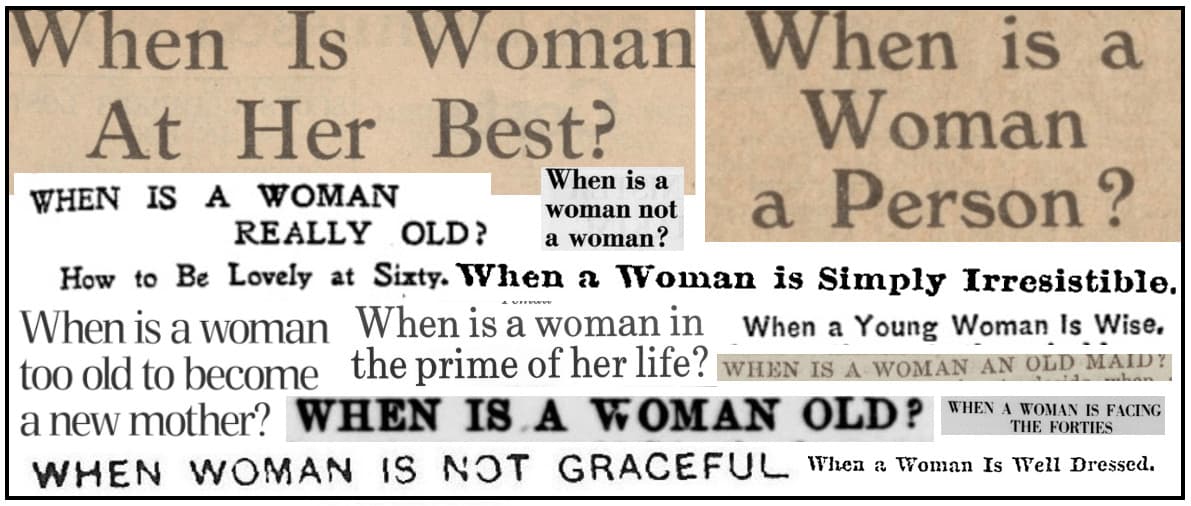│by Lotta Vuorio, Gale Ambassador at the University of Helsinki│
When I was preparing to deliver my first presentation as a Gale Ambassador, I ran into an interesting article called “When Woman is Not Graceful” in Gale’s Nineteenth Century Collections Online. The article was published in a newspaper called The Christian Recorder in 1895, and it portrays some of the “conditions under which she (a woman) manages to look absurd” – at least in the opinion of the anonymous writer. The article appears as an opinion piece by Graphic London and it expresses outspokenly all the descriptions connected to the stereotype of women who move clumsily. It says, “Few women can enter a carriage, mount the steps of a coach or hurry into a hansom gracefully, while the spectacle of a woman getting into a boat is far from pleasing”. The vast petticoats common in the nineteenth century and their effects on the ability of women to move are mentioned and criticised, and the writer finishes his piece by indicating the true form of grace: “A woman is only really graceful when she is at rest, lolling in a carriage or sitting in a drawing room or else dancing, when she has the genius for it.” I wanted to find this article again and began searching the Gale Primary Sources database. In doing so I came across many more newspaper articles with a heading that begins “When is a Woman…”. As I browsed through them I became intrigued, curious about the way articles in different newspapers described what was acceptable and admired in the appearance and behaviour of women. Below are some of the most fascinating examples I found.


